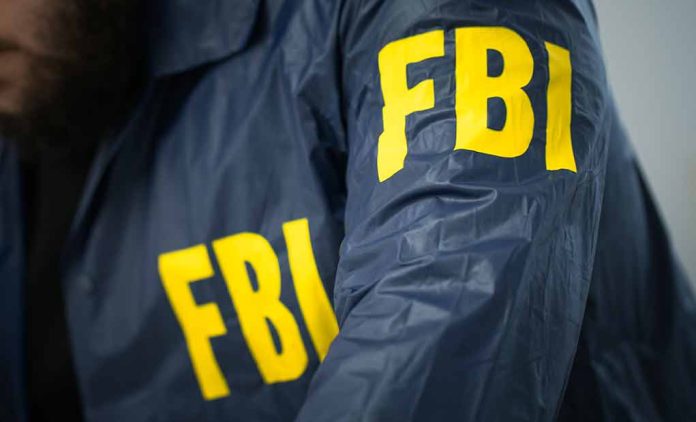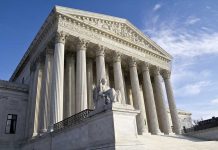
Washington D.C. is grappling with the fallout from the FBI’s arrest of a Council member, which has sparked a wave of concern and speculation.
At a Glance
- Washington, DC, has seen a spike in murders and carjackings in 2023, particularly involving teenage offenders
- Public order has decayed, with increased fare-beating, panhandling, and shoplifting
- Debate on crime rise focuses on leniency of laws versus provision for disadvantaged citizens
- MPD staffing is at a half-century low, with a 12% decline from 2019 to 2023
Unpacking the Arrest
The FBI recently arrested a member of the D.C. Council amid allegations of corruption and unethical conduct. This event has not only intensified concerns over governance but has also led to increased public scrutiny of the council’s overall ethical standards. Local stakeholders are calling for comprehensive reforms to enforce higher standards of ethical behavior and accountability among elected officials, aiming to restore public trust in local governance.
This arrest comes at a time when Washington, D.C. faces escalating crime rates, underlining the already simmering tensions in the city. Homicides and violent crimes are on the rise, particularly involving youth offenders. Public order has seen significant decay, with instances of fare-beating, panhandling, and shoplifting becoming rampant. Community leaders and residents are increasingly polarized on the reasons behind the spike in crime, debating whether lenient laws or socioeconomic disadvantages are to blame.
D.C. Council member Trayon White arrested by FBIhttps://t.co/cDKzFiCNbu pic.twitter.com/OH3U926qAX
— The Washington Times (@WashTimes) August 19, 2024
Addressing Public Concerns
In response to these growing concerns, local authorities and experts have suggested various measures to address the city’s crime issues. Proposals include federally funding MPD hiring, expanding professional development for officers, and civilianizing certain police roles. These initiatives aim to rebuild the city’s failing crime-and-disorder control system, which has seen a reduction in police staffing and activity levels, prosecution rates, and judicial staffing.
Another focal point is the need to encourage public participation in crime-fighting efforts. This could be achieved through nuisance abatement and denying liquor licenses that contribute to public disorder. Additionally, allowing the D.C. Attorney General to prosecute cases declined by the U.S. Attorney’s office and giving the Senate a time-limited veto over D.C. court appointments have been proposed as ways to ensure more robust legal accountability.
D.C. Council member Trayon White arrested by FBIhttps://t.co/QNJQtAzUfU pic.twitter.com/RQvNE2wvGh
— The Washington Times (@WashTimes) August 19, 2024
Restoring Efficiency in Law Enforcement
Efforts to restore efficiency in law enforcement should be all-encompassing. Building a federal–District gang-suppression partnership and reallocating limited policing resources to areas of greatest need are crucial steps. Another recommendation involves prosecuting truants who engage in criminal behavior and clearing homeless camps without hesitation, aiming to tackle underlying issues contributing to public disorder.
Overall, an all-of-government effort is essential to improve D.C.’s criminal justice system. By addressing both the capacity and efficiency of police forces and judicial processes, the aim is to restore a sense of safety and order in the community. It’s imperative for stakeholders to commit to these reforms to rebuild public trust and ensure the city is governed with integrity.
















